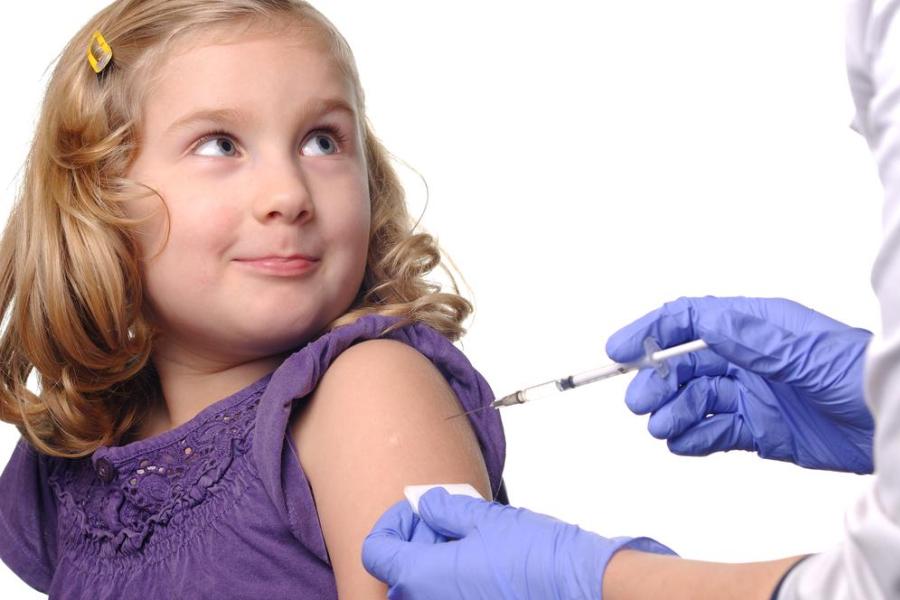
Types Of Pneumonia Vaccines: PPSV23 and PCV13
It is imperative to be proactive and get the pneumonia vaccine if you are a high risk patient. The vaccines have been developed so that prophylactic prevention versus treatment of an advanced infection can be utilized.
Pneumonia Vaccines Types
There are two types of vaccines available in the United States that help to decrease the morbidity and mortality associated with the contraction of this pathogenic bacteria. The two types of vaccines available to prevent infection as a result of Streptococcus Pneumoniae include: Pneumococcal Conjugate Vaccine and Pneumococcal Polysaccharide Vaccine. Both of these vaccines are recommended for the patient population that is 65 years of age or older.
Streptococcus Pneumoniae has a polysaccharide capsule that allows for its ability to evade capture and death by cells within the body known as phagocytes. In the Pneumococcal Polysaccharide Vaccine (PPSV), the polysaccharide capsule is the essential component used within that vaccine. The Pneumococcal Polysaccharide Vaccine (PPSV or Pneumovax) was created in the 1970s and has since been modified to include 23 different capsular polysaccharides of the most common Streptococcus Pneumoniae serotypes. The vaccine is thus referred to as PPSV23 to indicate that it provides immunity to 23 capsular polysaccharides of the most common 23 serotypes of this Pneumococcus.
The second vaccine is known as Pneumococcal Conjugate Vaccine (PCV or Prevnar). It is a newer vaccine and has been used in the United States since the year 2000. However, it was not until 2014 that PCV13 was recommended for patients 65 years of age and older who are at high risk of contracting this potentially life-threatening bacterial infection.




